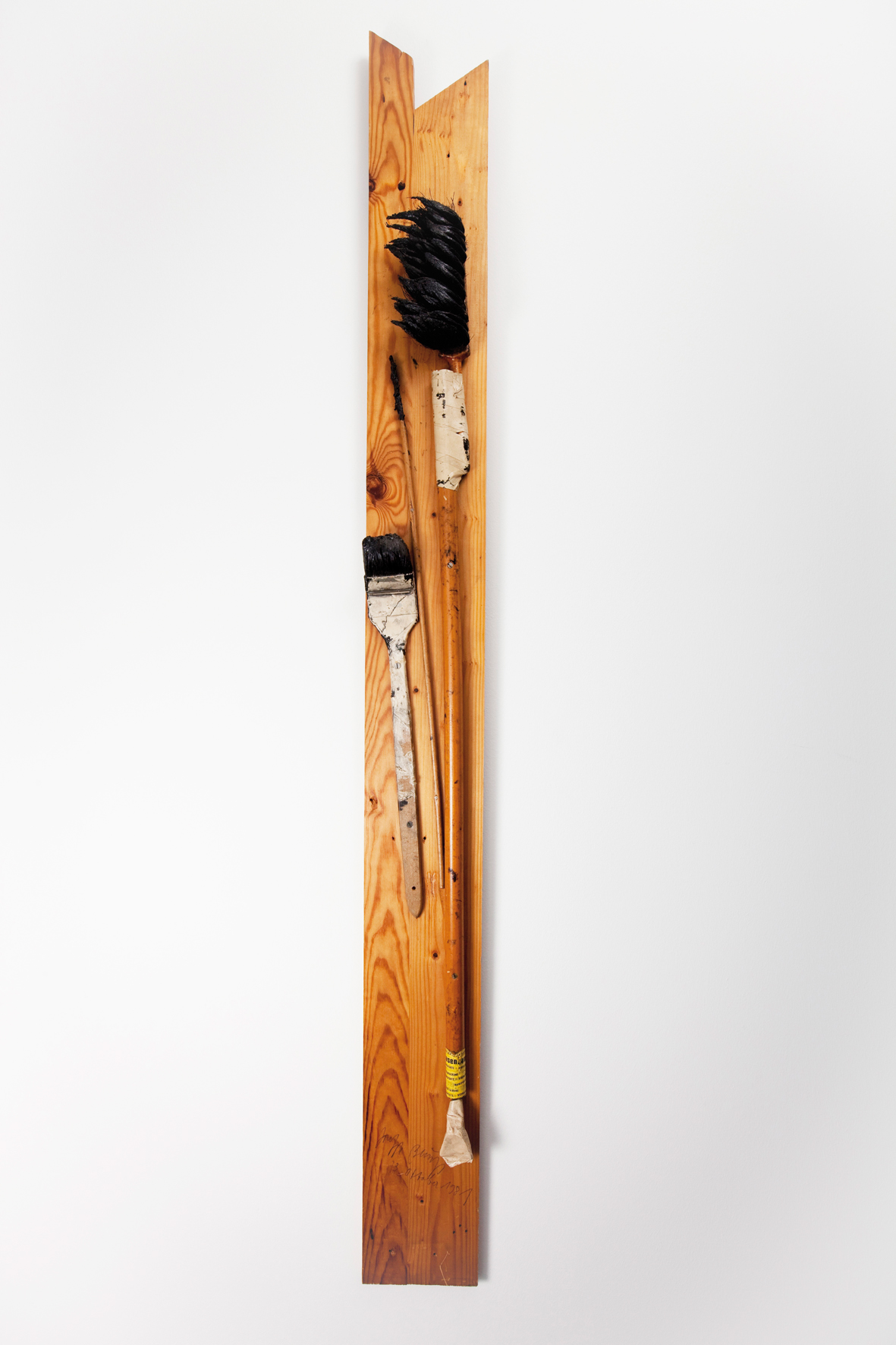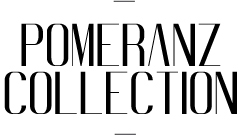JOSEPH BEUYS



1981
156 x 14,8 x 10,5 cm
Inv. Nr. 14
Born in 1921 in Krefeld, Germany
Died in 1986 in Düsseldorf, Germany
Joseph Beuys has constructed his artistic practice around a founding personal myth: he was a pilot in the Luftwaffe during the Second World War, and when wounded in the Crimea he claimed to have been taken in by nomadic Tartar tribesmen who covered him with fat and rolled his broken body in felt blankets to keep him alive. Fat and felt thus became two of his signature materials that he began using in the sixties in his objects, sculptures and performances, together with a variety of other unorthodox materials carrying specific iconic, magical, therapeutic or alchemical implications. Among them were lead, honey, gold leaf, beeswax, hare's blood, sulphur and more traditional ones like copper, iron, gold, pencil, watercolours and gouaches. He also included found objects in his works and developed the idea of an “extended definition of art” that would have the potential to shape society and politics. The three artist’s brushes displayed in the untitled object dated 1981 give an iconic dimension to the traditional instruments of the painter, through their impressive size, almost on a human scale. This enlarged ready-made refers to Beuys’s belief in the power of human creativity. The brushes undoubtedly relate to the famous Savarin Coffee Can with Paintbrushes (1960) in painted bronze by Jasper Johns, which magnifies the painter’s tools in a noble medium. Joseph Beuys, like the post-war generation of German artists, was influenced by American Pop art, although he tried to keep elements from German culture in his art.
